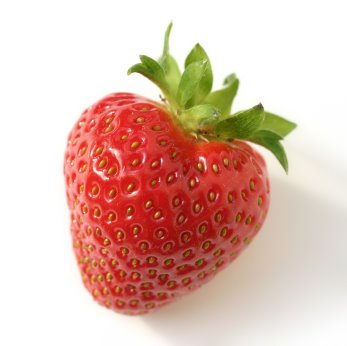
The Campaign for a Commercial-Free Childhood has just sent out the notification that the Media Education Foundation has published a video titled, "Consuming Kids: The Commercialism of Childhood". This video looks at how our children have been the targets of marketing tactics from birth on for decades. It runs through how advertising in the past included children, but in a much more docile way. Today's children are basically pelted with ads throughout even educational television to such as extent that many young ones aren't quite sure where the show takes a break and the ads begin. This film is an attempt to bring our attention to the repetitive opportunities marketers make to 'teach' our children which products to purchase, or have us purchase. Much as the dairy council will have us think that we need milk to build strong bones, or the beef industry, who makes us think we need to know 'where's the beef?', the commercials geared toward children blur the lines between safe, conscious, nutritious choices and garbage.
From the website:
Consuming Kids
The Commercialization of Childhood
Consuming Kids throws desperately needed light on the practices of a relentless multi-billion dollar marketing machine that now sells kids and their parents everything from junk food and violent video games to bogus educational products and the family car. Drawing on the insights of health care professionals, children's advocates, and industry insiders, the film focuses on the explosive growth of child marketing in the wake of deregulation, showing how youth marketers have used the latest advances in psychology, anthropology, and neuroscience to transform American children into one of the most powerful and profitable consumer demographics in the world. Consuming Kids pushes back against the wholesale commercialization of childhood, raising urgent questions about the ethics of children's marketing and its impact on the health and well-being of kids.
The Campaign for a Commercial-Free Childhood folks are working to have folks sponsor a public screening of this important film, with a gift of your very own video to keep as a thank you for your efforts. Make sure you contact them right away, as this offer is limited. If you miss the offer, don't worry. You can still purchase the video for $24.99 from Media Education Foundation.


















